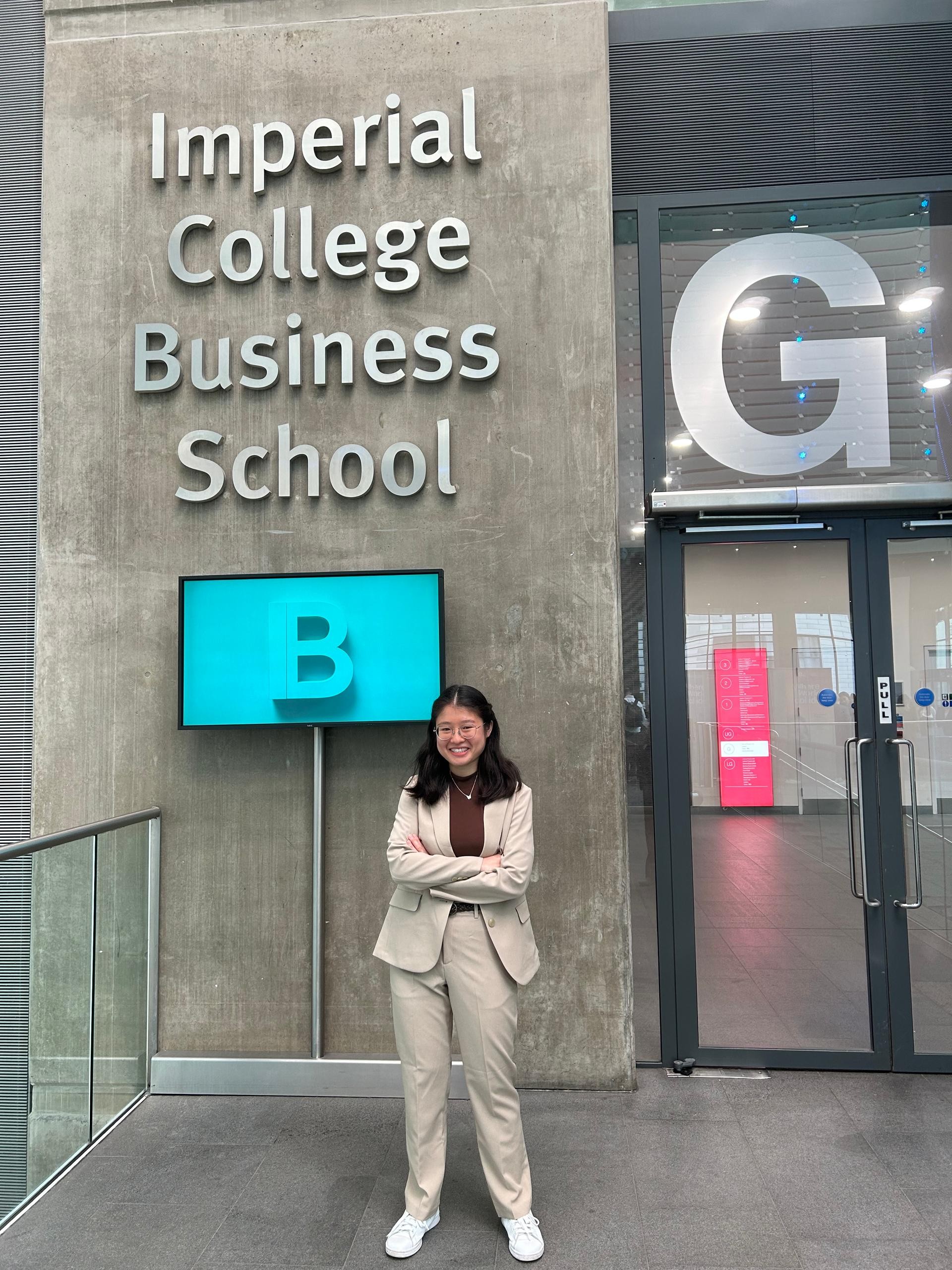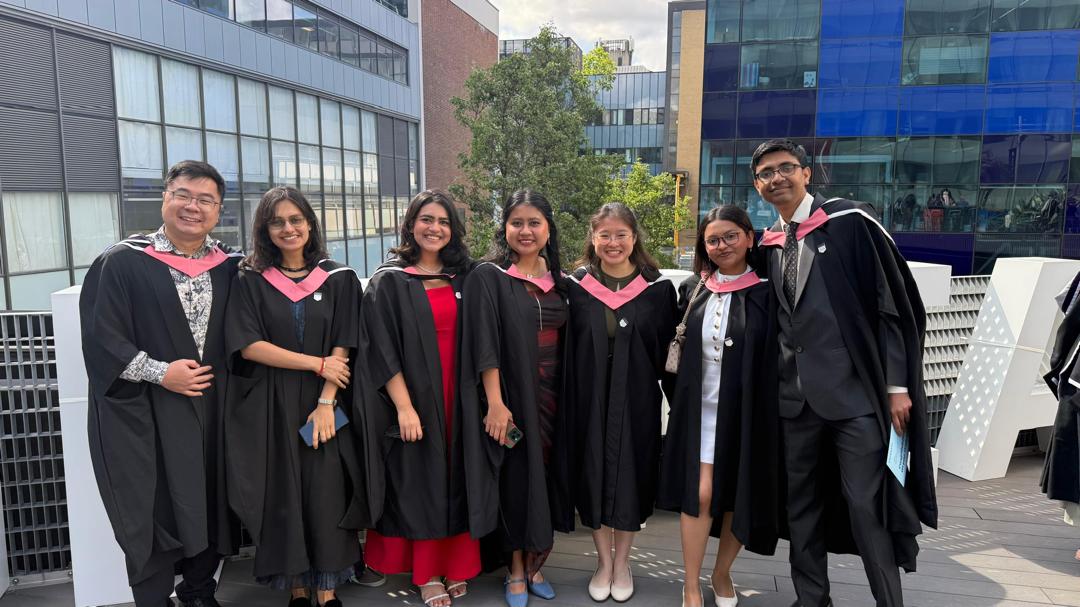
There’s no doubt that tertiary education, more so an international one, can be a financially heavy decision.
For some, though, it’s entirely worth it.
Edrea Lee, who is the co-founder of a startup called Vespid, believes her time spent at the University of Michigan was invaluable. The exposure and education she earned there has helped her develop leaps and bounds as a person.
But before she knew all of that, what gave her the confidence to pursue an overseas education?

Lee and her family are big advocates for education. Source: Edrea Lee
Believing in the power of education
“When people think of studying abroad, they think of two things right? They think you got a scholarship, or you come from a well-off family. Interestingly, I’m none of that.”
Coming from a modest middle-class background, Lee’s parents were both teachers. Her dad was a physics teacher, while her mom was a nurse educator.
“I think it’s a teacher thing, but they really believed in education. They really believe education is the only thing that will change a person’s life,” Lee says.
So, when Lee became inspired to pursue her studies in the US after reading a book called “Freakonomics,” they were all for supporting her dreams.
Still, money was a big deal. Instead of forking up the tuition for all four years abroad, Lee and her parents decided that an American Degree Transfer Programme was the more economical decision.
Such a pathway would allow for Lee to complete the initial few years of her bachelor’s degree in Malaysia, and then transfer to a US university to finish off the degree.
The University of Michigan was actually Lee’s second choice, with the first being Cornell University, which unfortunately didn’t accept her.
But it might’ve been a silver lining, because the University of Michigan is a top-ranking public university and has a much more reasonable tuition fee.

At Imperial Business School, Lee completed her
Master’s degree in Business Analytics. Source: Edrea Lee
Was it worth it?
More than helping the family save up, the American Degree Transfer Programme allowed for Lee to experience the local approach to tertiary education.
“The professors there like to ask for your opinion,” Lee shares. “I didn’t grow up in an environment where I was asked for my opinion.”
While she was used to writing her opinion on school papers, she didn’t often get the opportunity to vocalise it and then reason it — which was what happened in the US.
“I found that to be quite powerful,” she says. “We never pause to think what we actually think about things. We oftentimes accept what norms are, because that’s just how it is. Thanks to that kind of environment, I find myself asking myself what I really think about things, if it makes sense.”
This sort of experience is why Lee believes that her time spent abroad was ultimately a positive experience. She also managed to spend a bit of time working after graduating during the Optional Practical Training (OPT) period, which justified the higher costs further.
All in all, both her and her parents agree that the return is good.
“It’s very, very expensive, but it’s like buying a whole life of opportunities,” Lee says.

Lee worked for about 10 months in the US before returning to Malaysia. Source: Edrea Lee
Do the numbers make cents?
While Lee believes her education was worth it, what does the numbers actually look like?
Lee shared that her tuition was roughly RM550,000 for about three years. She spent about 10 months working in the US for Deloitte, where she was able to make a good amount, as it was in USD.
That, plus two years of working in Malaysia, brought her to a net worth of about RM200,000 (US$47,320.50 at the time of writing). She then went for her Master’s degree at Imperial Business School in London. After that, she spent a year working for ZUS Coffee, the fastest growing coffee chain in Malaysia, and saved some RM90,000 before jumping right into Vespid.
So, doing all the math, Lee technically hasn’t made back her tuition fees.
“I think if I continued working in consulting, I could’ve made the money in five years,” she says.
To her, though, what she’s doing now is more worthwhile.
Weigh your options wisely
For others like her who wish to study abroad, Lee suggests really sitting down and thinking through your options.
“The first thing to discuss is, are you planning to go through a scholarship route, or can you get support from your parents? Is it one or the other, or can it be a combination of both?” she says. “This helps you decide where you can go, as well as gives you an opportunity to decide what are some back-up plans.”
So, do you need to be rich to study abroad? Not quite, but you need to be prepared about the reality of an international education.










